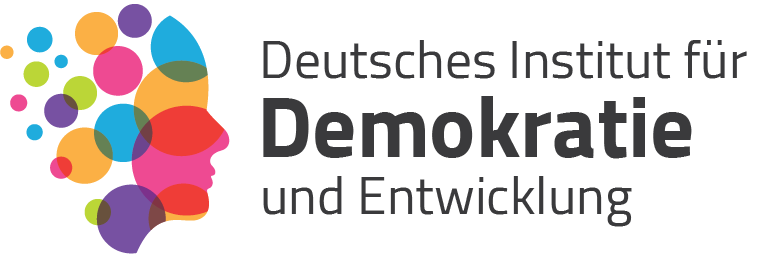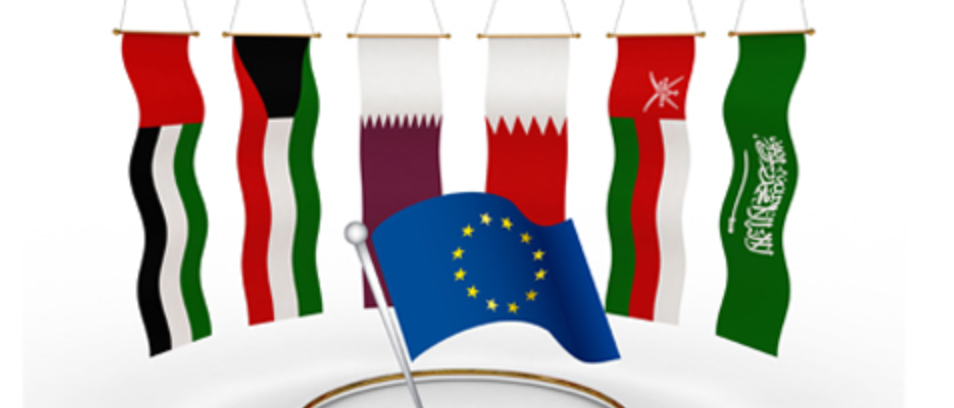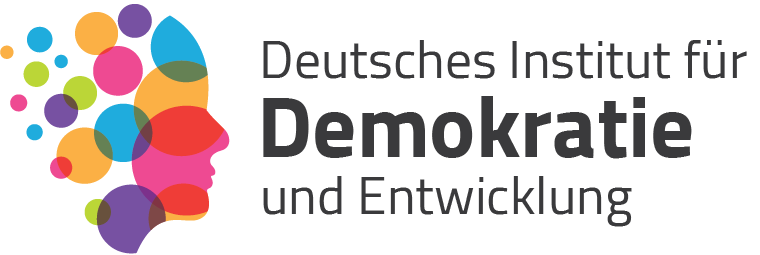The ongoing war in Ukraine has pushed the issue of energy security to the forefront of European media coverage of the crisis. European political officials have reacted to Russia’s threat to EU energy security in a variety of ways, with some advocating for EU energy autonomy, others riding the wave of general anxiety to advocate for a shift to more environmentally friendly energy sources, and still others preaching de-Russification of European energy supplies.
Despite these polarized and widespread public statements, the truth appears to be far more complex: European permanent energy independence may not be reached in the near future. Recent diplomatic missions by high-level EU officials in the Gulf region reveal a growing interest in establishing a strong partnership with the Gulf Cooperation Council (GCC) countries, which include Saudi Arabia, the United Arab Emirates (UAE), and Kuwait: three of the Organization of Petroleum Exporting Countries’ largest suppliers of energy resources (OPEC).
While bilateral ties between individual EU member states and GCC nations are not new in the commerce, energy, and security sectors, the recent willingness to collaborate with the energy-rich monarchies at the EU level is noteworthy. This is especially true in light of the ramifications for the Gulf region’s dismal human rights status.
The majority of GCC nations are controlled by tyrannical autocrats that routinely abuse human rights. Saudi Arabia, for example, is one of the world’s top five executioners, and their recent mass execution has been criticized by the United Nations High Commissioner. During the 2011 Arab Spring, Bahrain’s royal family ordered the deadly military repression of over half of the country’s population’s democratic demands. News outlets in the region are heavily regulated, and the rising number of political prisoners exemplifies the region’s total lack of freedom of expression.
Furthermore, we should not forget that Saudi Arabia and its Gulf Cooperation Council allies have been involved in a seven-year conflict in Yemen, and some of their belligerent actions could and should be prosecuted under international law as war crimes and crimes against humanity, despite the fact that no Western state has formally sanctioned these countries.
Despite the obvious lack of respect for human rights in the Gulf, EU officials, particularly those involved in recent diplomatic talks, appear unafraid to pursue their goal of ensuring a copper-bottomed trading and energy commitment by the resource-rich GCC countries, which would provide the EU with the political cover to pursue energy actions against Russia, and thus against any other future threat.
The global geopolitical landscape appears to be supportive of the EU’s ambition to diversify its energy supplies. In truth, we are already seeing the United States’ withdrawal from the Gulf and, more generally, the Middle East. In a setting of developing multipolarity in the MENA region, the overriding sense in the Gulf is one of insecurity, necessitating a greater need to diversify strategic ties.
To comprehend the diplomatic efforts taken by the EU to assure the future of its energy security in the context of the Russo-Ukrainian war, it is necessary to look beyond the broad narrative that depicts the Western side as “good” and the other – particularly, Putin’s – as “bad.” Since the start of the Russian-Ukrainian war, the crisis has been presented as part of a worldwide fight between democracy and authoritarianism, a framework that US President Joe Biden recently underlined during his speech in Warsaw on March 26th.
While we will neither support or reject the veracity of this story, it is vital to consider the importance that Western countries place on democracy and human rights, particularly when their promotion may conflict with more practical goals. We must comprehend, in particular, how the EU protects its own interests at the expense of promoting universal human rights and democratic ideals.
As EU citizens, we must consider the following issues: Who are we looking for protection for? What is the cost of such safety? And how can we assure that our own security does not contribute to and encourage oppressive systems across the world?
Members of the European Parliament took part in a session with experts last week to analyze the obstacles, advantages, and dangers of EU-GCC energy trade treaties. The absence of political will to prioritize human rights over geopolitical and economic interests was disheartening to the ECDHR. Human rights were rarely referenced, and the knowledge sought lacked recommendations that included human rights safeguards.
Several times during the session, it was recommended that human rights advocacy should take place behind closed doors, away from public scrutiny and shame. Existing forums, such as the EU Human Rights Dialogues, have been lauded for their accomplishments. Nonetheless, despite their importance, these diplomatic private channels frequently fail to effect significant change in the human rights situation on the ground.
We believe civil society’s role in openly condemning human rights violations must continue precisely because we are witnessing a general trend in which the EU’s international partnership strategy trumps human rights concerns and pledges to democratic reforms. These initiatives should be championed and encouraged by European political leaders rather than being overlooked and dismissed as a second-class concern. While there has been evident improvement, the EU should not get complacent.


